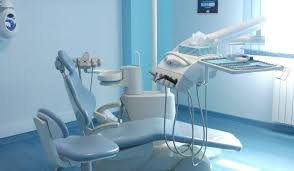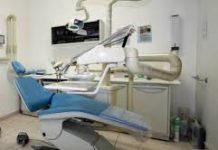Scared of dentist.
Dental fear could be considered a cliché, but in reality, this can be a real disease. According to a study conducted in the United States, between 5 and 8% of the population avoids going to the dentist, while 20% suffer from anxiety.
So, a large part of the population does not receive regular dental cares, with severe consequences on health. Do not go to the dentist and let the tooth decay or other oral diseases to progress, or choose alternative methods or do-it-yourself cares, are unacceptable solutions since the mouth problems have an impact on digestion, heart and many other aspects of health.
Almost always, dental treatments are carried out through the use of local anaesthesia, but for people who suffer from dental fear, this measure is not enough, and neither is the use of sedatives.
Some of the signs of dental phobia are sleeping troubles the night before a dental exam, getting increasingly nervous while you’re in the waiting room, feeling like crying when you think of going to the dentist or the thought of a dental visit makes you feel physically ill.
Dental phobia.
During a dental appointment, you panic or have trouble breathing.
In all these cases the fear of pain is not the only cause for anxiety, but the reasons are deeper.
You can add needle fear or the fear that anaesthesia does not take effect. Some patients fear the side effects of anaesthesia or feel uncomfortable about the physical closeness of the dentist or hygienist to their face. Others may feel self-conscious about the appearance of their teeth or possible mouth odours.
One of the most common causes of dental fear is related to negative past experience, childhood memories, traumatic events. Many people who have bad memories from childhood are no longer went to the dentist and do not know that the new techniques are much less painful and faster than in the past.
Obviously, there are many ways to overcome your fear of the dentist, such as relaxation techniques, be accompanied by a friend or psychological sessions.
Fear of dentists.
But the most important thing seems to be to find a reliable dentist who makes us feel at ease, which is attentive to our needs and fears. A good dentist gently explains every step of the treatment, frequently asks the patient for permission to continue, gives the patient the opportunity to stop the procedure at any time the patient feels uncomfortable and makes time for breaks as requested.





